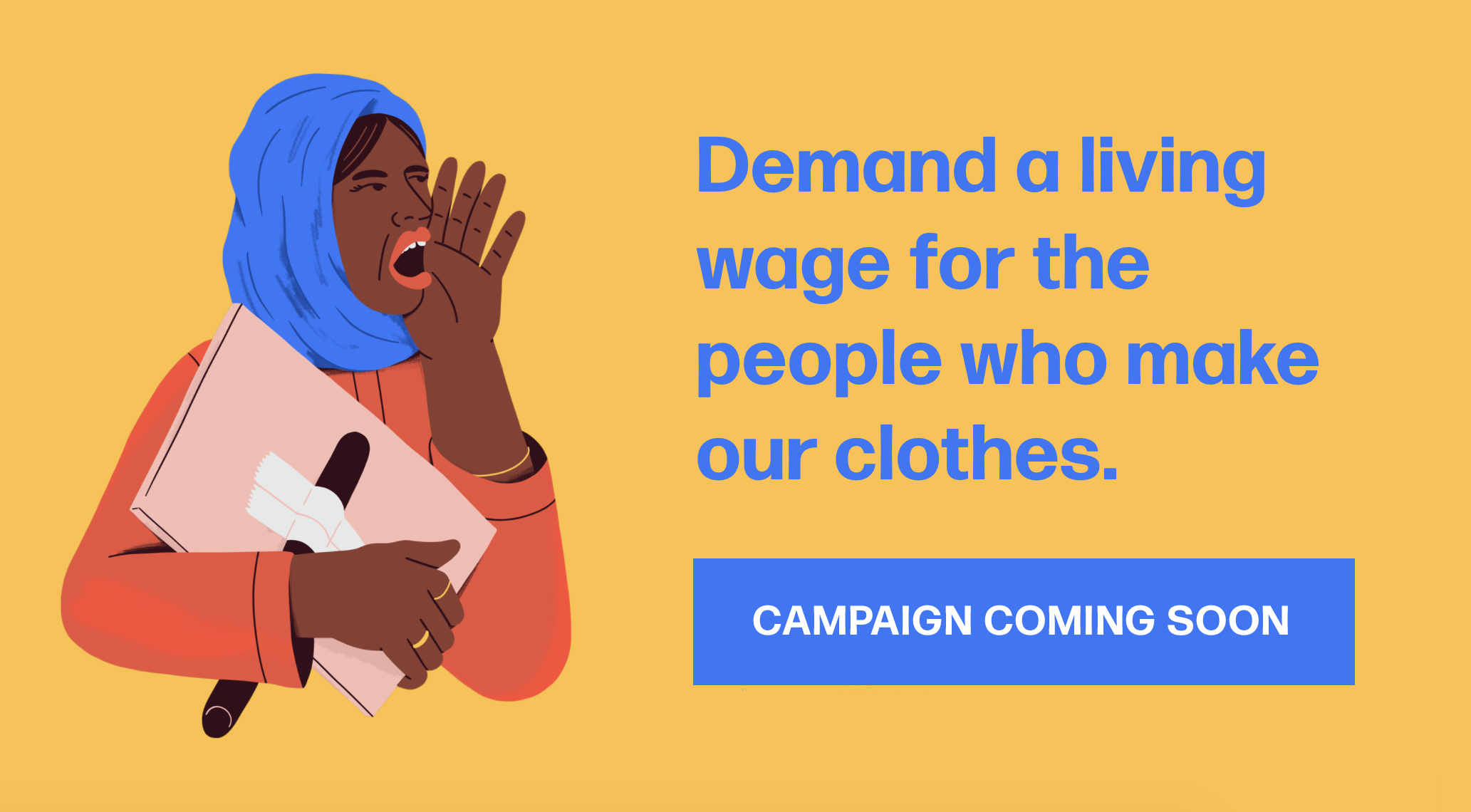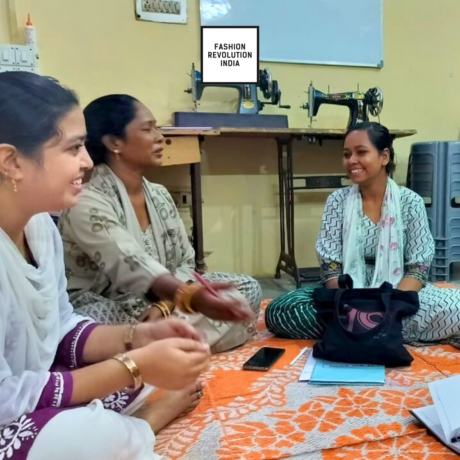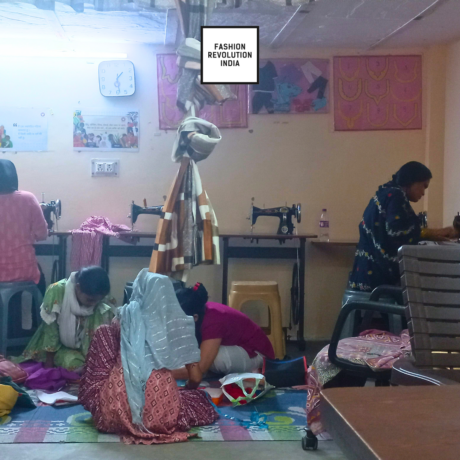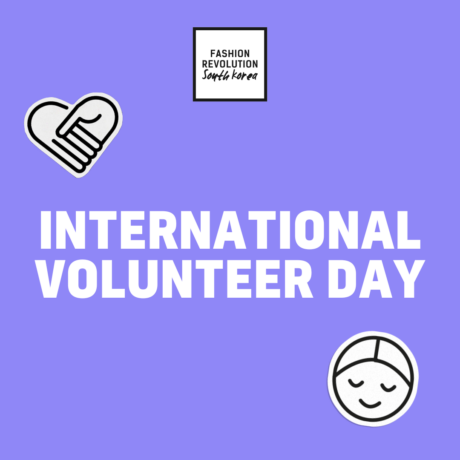Good Clothes, Fair Pay: Demand a living wage for the people who make our clothes
Millions of people – mostly women – work in textile, clothing and footwear production around the world. The vast majority are not paid enough to fulfil their basic needs.
Many people who make our clothes earn less than what they need to live on. They remain trapped in poverty while big fashion companies continue to profit from their hard work. It is a deeply unfair and exploitative system, and we must demand better. The Covid-19 pandemic has deepened wage insecurity for the people who make our clothes, leaving workers without any social safety net, struggling to pay for food, healthcare and shelter.
This is why we are working on a new campaign to demand legislation that helps achieve living wages for textile and garment workers around the world. This is what we are asking the EU to do with Good Clothes Fair Pay, a European Citizens’ Initiative for living wages in the fashion supply chain.
The European Citizens’ Initiative (ECI)
An ECI is a unique European Union mechanism aimed at increasing direct democracy by enabling EU citizens to participate directly in the development of EU policies. It enables EU citizens to call directly on the European Commission to propose a directive or regulation, provided they are able to present 1 million signatures from citizens from at least one quarter of Member States.
Our proposal calls on the European Commission to introduce legislation requiring that companies conduct specific due diligence measures in their supply chain to ensure workers are paid living wages. The scope is on companies who sell their products to the EU market. It calls for measures including that companies’ pricing, costing and overall purchasing practices support living wages.
It calls on companies to put in place, implement, monitor, and publicly disclose a time-bound and target-bound plan to close the gap between actual and living wages. It puts a particular emphasis on requiring companies to identify risks regarding groups that are particularly hard hit by low wages, such as women and migrant workers.
Specifically, the legislation must require clothing companies to conduct due diligence on living wages by doing the following:
- Assess gaps between what workers in their supply chain are earning and what a living wage is using credible benchmarks for the regions they source from;
- Identify at-risk groups that are particularly hard hit by low wages, such as women and migrant workers, and ensure equal pay for equal work;
- Put in place a time-bound and target-bound plan to close the gap between actual wages and living wages in their supply chains; and
- Publicly share their progress to close the gap every year.
Better laws and regulations in Europe can make sure that companies all over the world do their part in ensuring that the workers in their supply chains are paid fairly.
The momentum required to support fairer supply chains at EU level has never been greater. The European Commission has committed to introducing mandatory human rights and environmental due diligence legislation compelling companies to take action in their supply chains. The ECI also builds on and aligns with other policy instruments such as the proposed EU Minimum Wage Directive, the OECD Due Diligence Guidance, the ILO MNE Declaration and the forthcoming EU strategy for sustainable textiles.

The coalition and timeline
A broad coalition of partnering organisations was forged in Summer 2021 in preparation for the European Commission to approve the ECI and the campaign to launch across Denmark, France, Germany, Italy, Slovakia, Spain and the Netherlands in Spring 2022.
The project was initiated by ASN Bank, one of the largest sustainability-driven banks in the Netherlands, and coordinated by Fashion Revolution, a global fashion activism movement. It has also received funding from the Laudes Foundation and is supported by Lara Wolters MEP, Fair Wear Foundation, Fashion Revolution, Solidaridad Network, Business and Human Rights Resource Centre, Matrix Chambers, Fair Wage Network, The Circle and Human Rights Watch. Further support and expertise is provided by Dutch trade union CNV International and legal experts on EU civil law and ECI legislation.
This will be the single biggest EU campaign on living wages in the garment sector to date. If successful, the legislation will be a groundbreaking step in building a fairer fashion system where brands are held accountable for the people who make their clothes. We believe that proactive policy like this is crucial for safeguarding millions of workers in the fashion supply chain, and that the EU can lead the way for positive change.









